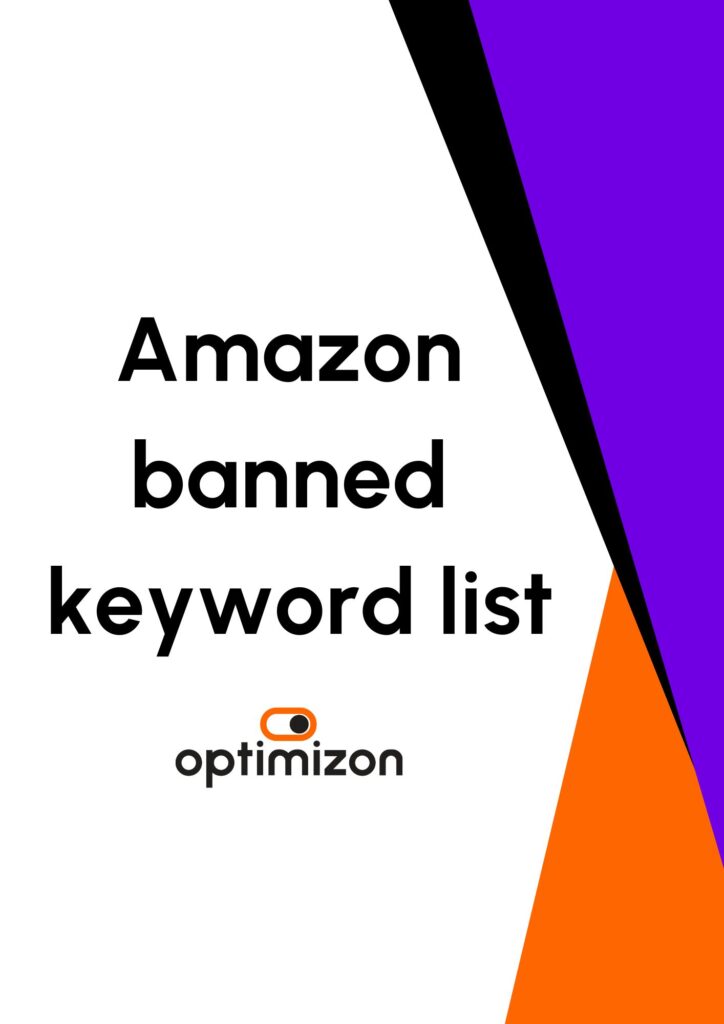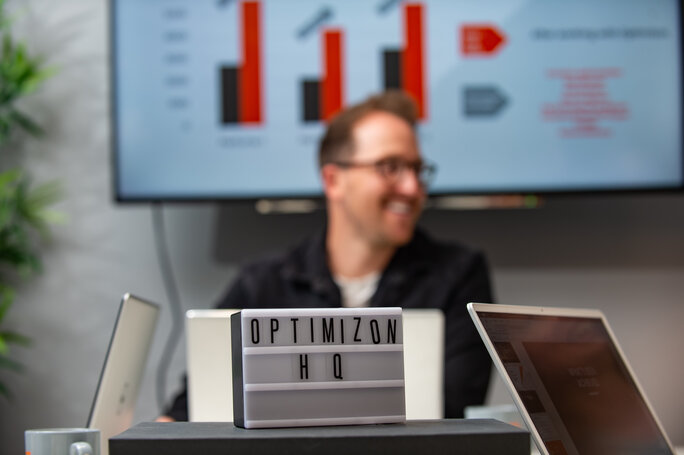Find out if you're likely to by duped when buying online
Optimizon research shows that one in five online shoppers have received something completely different to what they thought they had ordered.
Some online listings are simply confusing and poorly described, whilst others are intentionally ambiguous.
Find out how likely you are to be duped by dodgy product listings. Try our brain-teasing quiz to see if you’re likely to be conned online, or if you are a savvy shopper.
Can you identify the products on sale?
This brain-teasing quiz challenges people to identify the product on sale. However, there is a catch. From each item description, a keyword has been removed.
You simply need to try and identify the product from the altered description.
It can be surprisingly difficult on popular marketplaces to work out what product you’re actually buying. This is because many product titles and descriptions are poorly constructed.
Optimizon Research
Optimizon created this fun quiz following our study of 2,000 online shoppers.
Our research found that one in five shoppers were surprised to receive something entirely different to what they thought they’d bought.
In addition, a quarter purchased something online and ended up with the completely wrong size or volume.
Respondents cited experiences such as purchasing musical instruments where only the keys arrived instead of the whole thing. Another ordered outdoor furniture, and dolls-house sized chairs arrived in the post. Someone else ordered a PC but a gaming chair turning up instead.
Product Images
It also emerged more than a third of shoppers feel like they’ve been “conned” by misleading product images, information, or products not being authentic.
The research revealed that respondents felt duped at least four times on average after making online buys from marketplaces such as AliExpress or Wish.
Trusted Marketplaces
James Pitts-Drake, CEO of Optimizon, said: “Shoppers are often misled by poorly-worded listings, which cause untold confusion and damage trust in the marketplace.
“Sadly, in a few cases the deception is entirely intentional.
“Thankfully, the more trusted marketplaces like Amazon, eBay and Wayfair are increasingly encouraging brands to sell directly through their platforms – meaning that shoppers receive a better experience, and more importantly, get exactly what they ordered.”
Despite many people experiencing difficulties when buying online, our research revealed that the most trusted marketplaces are Amazon, eBay and Etsy.
Most trusted marketplaces according to UK online shoppers
- Amazon
- eBay
- Etsy
- Wayfair
- Notonthehighstreet
The same three sites also emerged as the most frequently used platforms.
Our survey respondents told us that the main benefits of buying from trusted marketplaces are the ability to find better value items, comparing products, and the variety on offer.
The main reasons people found a site untrustworthy included the inability to tell the quality of a product, it being difficult to send back, and descriptions that are lacking or inaccurate.
Buying from Brands on Marketplaces
We asked what were the main drivers for using online marketplaces. While 37% will decide who to buy from based on trust, 48%, who will go to whoever is offering the lowest price.
However, more than a quarter would prefer to buy directly from a brand through such platforms. Which explains why platforms such as Amazon and eBay continue to improve their brand experience.
Improvements that users would like to see on online marketplaces included it being easier to return products, more reliable sellers, and increased detail in product descriptions.
How to avoid buying the wrong product online
James Pitts-Drake added: “Understandably, price is a huge driver of purchase decisions.
“However, shoppers should pause and think before always jumping at the lowest price.
“Ask yourself, is this a genuine product? Does it have credible reviews? Does the listing contain poor English or spelling mistakes? What’s in the small print, and why is it being sold cheaper than elsewhere? If it seems too good to be true, it usually is.
“It’s also worth thinking about where you shop. Be aware of the risks of shopping through less regulated or unknown marketplaces, such as social media sites.
“Trusted marketplaces like Amazon allow genuine brands to create storefronts, enhance their product listings, and tell their brand stories. Brands go through a rigorous verification process to have these features.
“In short, try to use trusted marketplaces, and when you find what you are looking for, if the listings look professional and are backed up with positive reviews, you can feel confident about hitting that buy button.”





